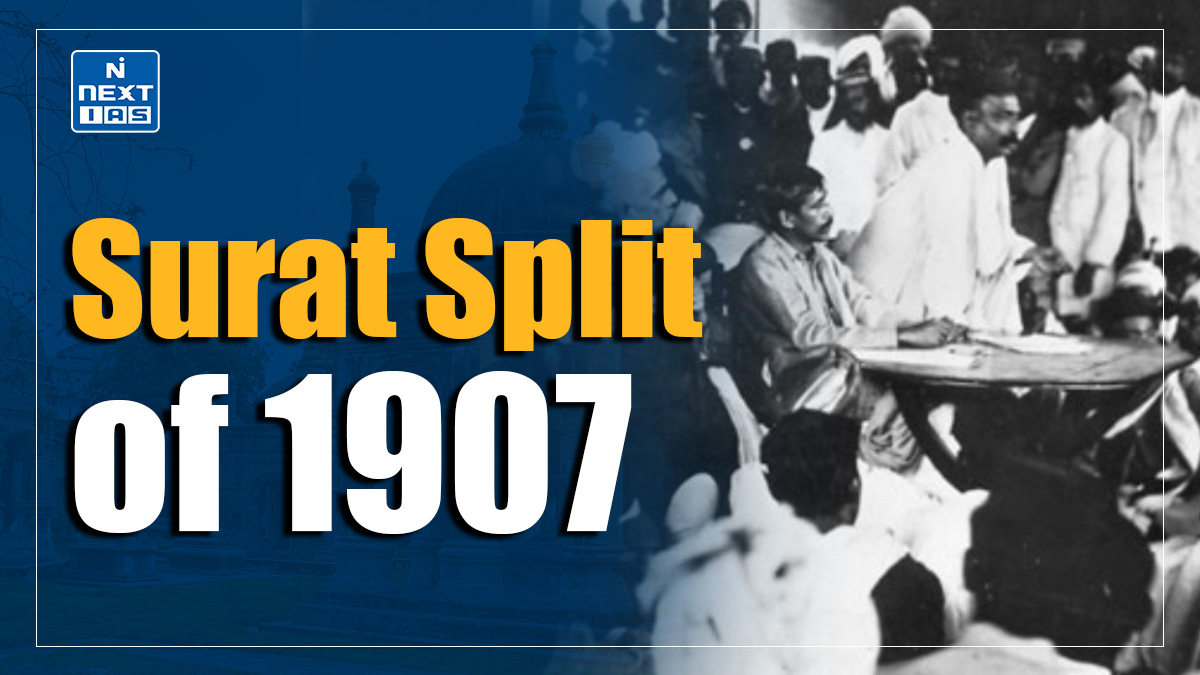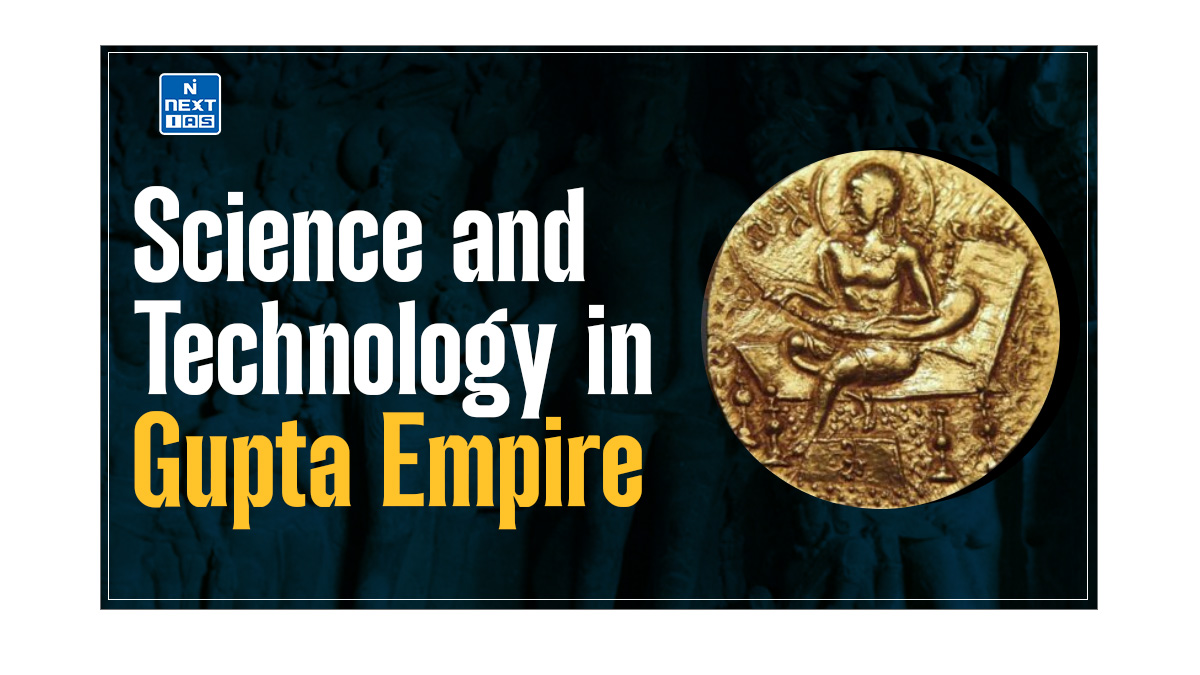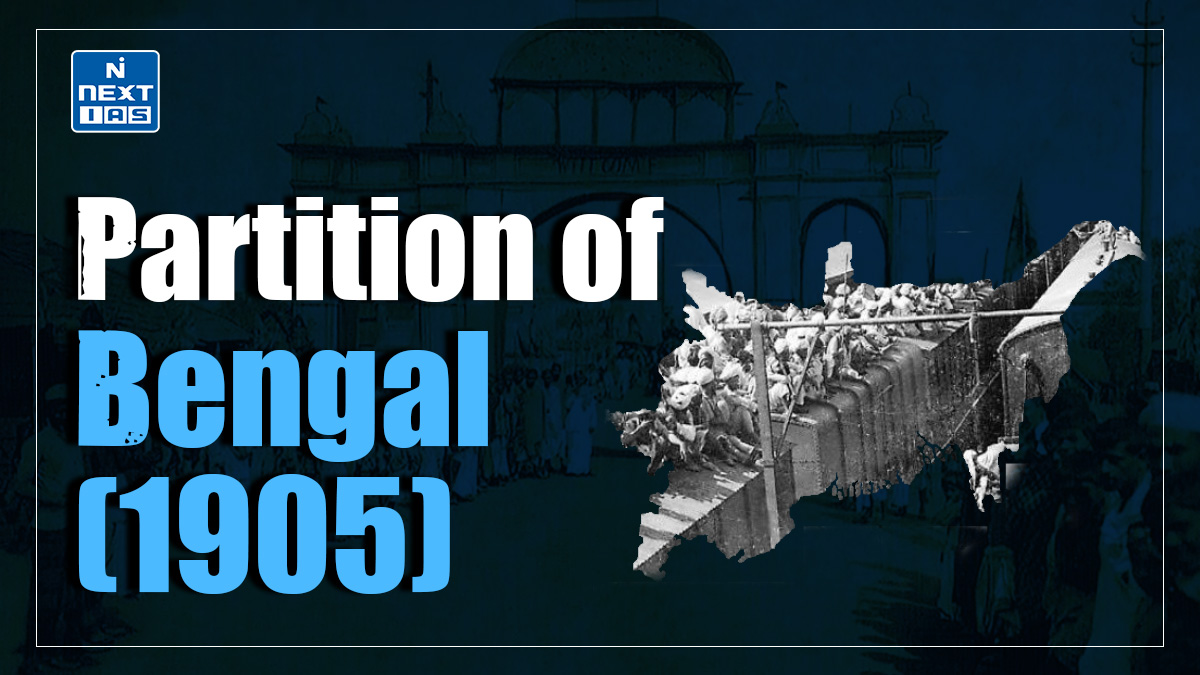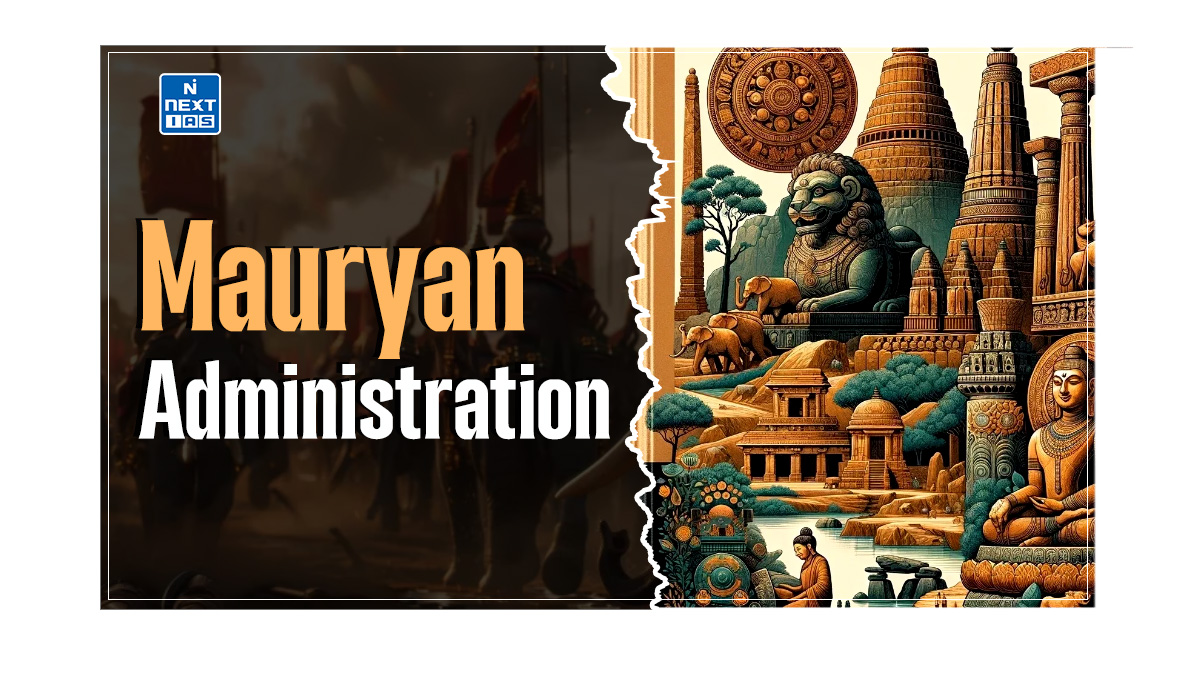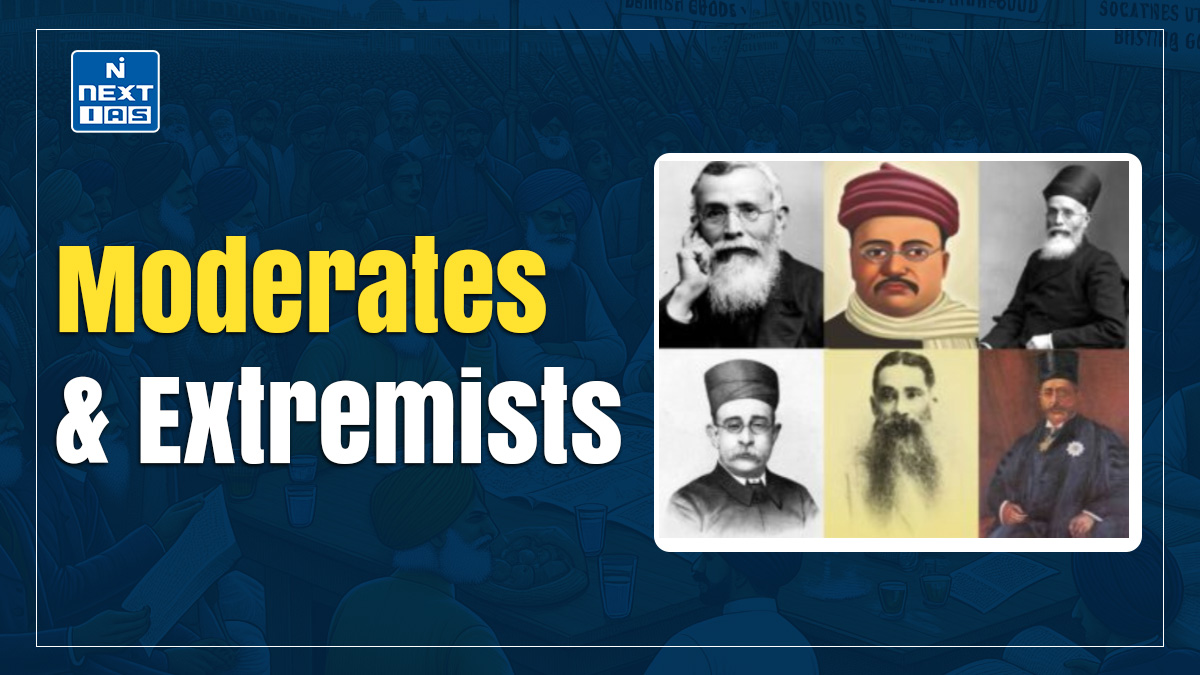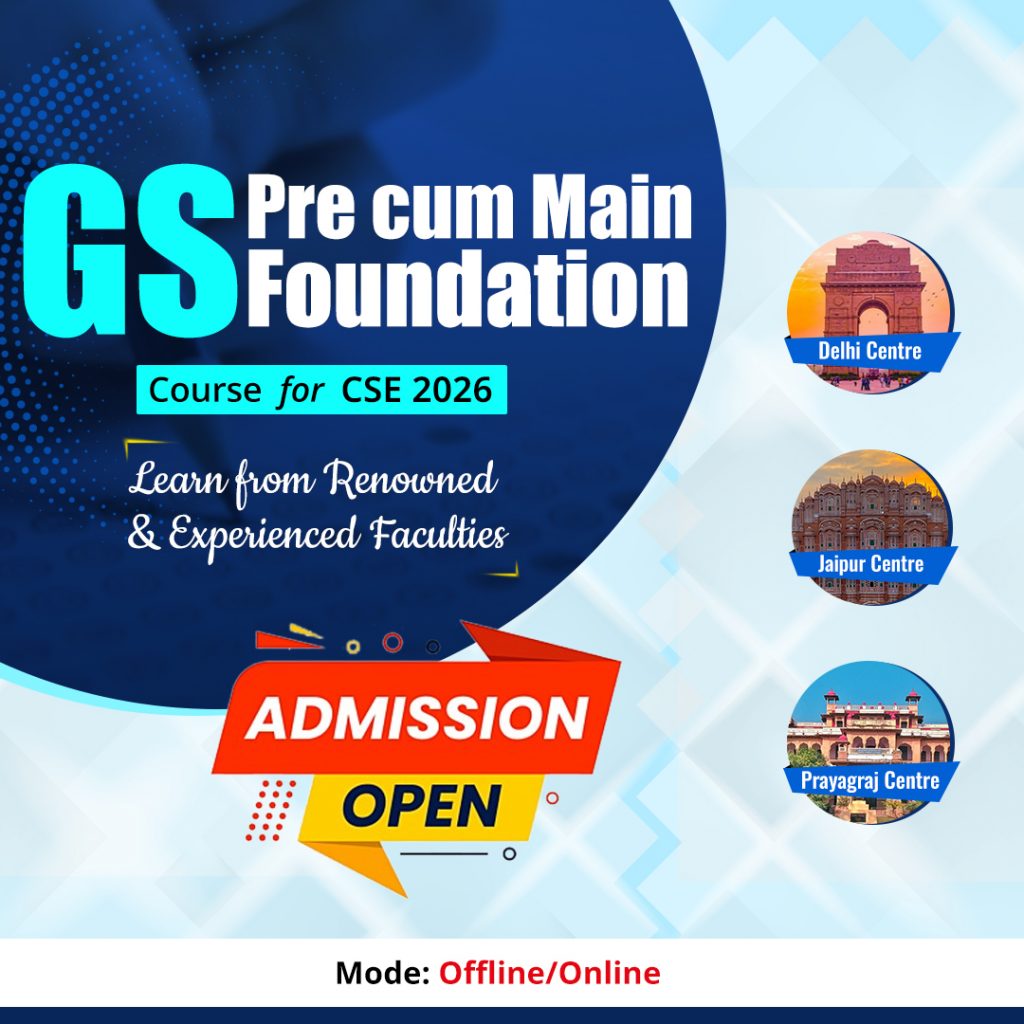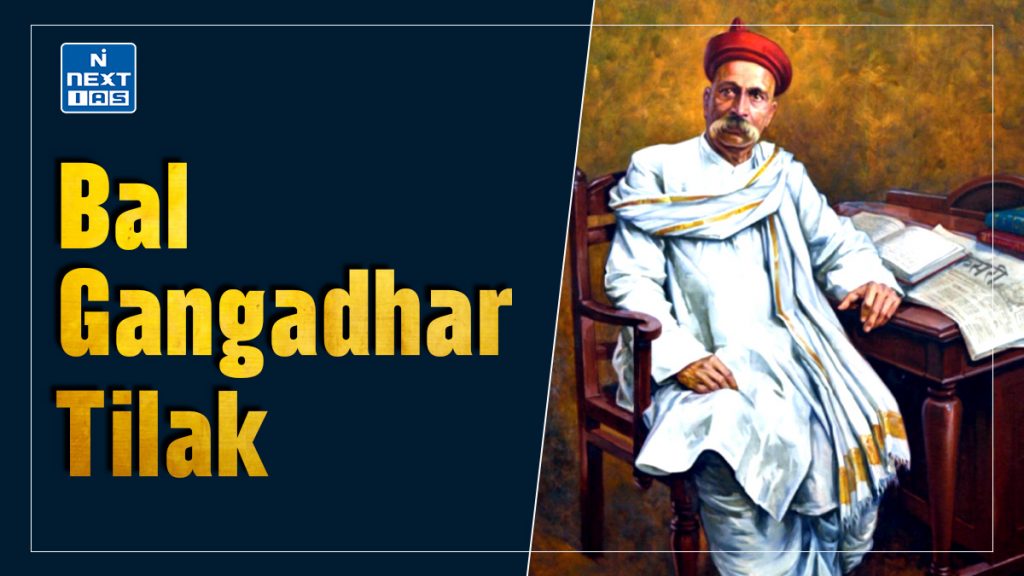
Bal Gangadhar Tilak, popularly known as Lokmanya, was a prominent leader of India’s freedom struggle and a pioneer of Indian nationalism. He is remembered for his call for Swaraj, his efforts to unite the masses, and his revolutionary contributions to the independence movement. This article aims to study in detail the life, ideology, and contributions of Bal Gangadhar Tilak to India’s freedom struggle and his lasting impact on the nation.
About Bal Gangadhar Tilak
- Bal Gangadhar Tilak, born on 23rd July 1856 in a Maharashtrian Brahmin family in Ratnagiri, Maharashtra, is remembered as one of India’s greatest freedom fighters and a pioneer of Indian nationalism.
- Fondly known as Lokmanya, or the uncrowned king of India, Tilak was a multifaceted personality—an educationist, nationalist, social reformer, and journalist.
- His clarion call for Swaraj and his unique blend of religion with politics established him as a leader of the masses, inspiring countless Indians to join the freedom struggle.
Biography of Bal Gangadhar Tilak
- Tilak graduated from Deccan College in Poona and later earned a law degree from Government Law College.
- However, instead of practising law, he dedicated himself to the cause of education and social reform.
- His belief that education was a powerful tool for national awakening led him to establish the Poona New English School in 1880, followed by the Deccan Educational Society and Fergusson College, in collaboration with his contemporaries like Gopal Ganesh Agarkar and Vishnushastri Chiplunkar.
Role of Bal Gangadhar Tilak in Indian Nationalism
- Tilak was one of the first leaders to demand complete independence (Swaraj) from British rule, famously declaring, “Swaraj is my birthright, and I shall have it.”
- His political ideology diverged sharply from the moderate politics of the Indian National Congress at the time.
- Alongside Bipin Chandra Pal and Lala Lajpat Rai, he formed the Lal-Bal-Pal trio, which championed an extremist approach toward achieving independence, emphasizing direct action and self-reliance.
- Tilak’s fiery articles in newspapers like Kesari (Marathi) and Maharatta (English) galvanized the masses against British atrocities.
- His boldness led to several imprisonments, including one for sedition after he defended revolutionaries in the Muzaffarpur bomb case.
Religious and Cultural Revivalism
- Tilak skillfully used religious symbols and festivals to unite people and foster nationalism.
- He popularised the Ganesh Utsav and Shivaji Festival, which became platforms for mass mobilization and spreading anti-British sentiment.
- This approach blended cultural pride with political awakening, making him a leader revered across social and economic divides.
Home Rule Movement and Political Contributions
- Tilak’s contribution to the Home Rule Movement, launched in 1916 with Annie Besant, was another landmark in his political career.
- The movement sought self-government within the British Empire and intensified nationalist fervour nationwide.
- Tilak also played a significant role in bridging the divide between the Congress Party’s moderates and extremists, particularly after the Surat Split of 1907.
- His efforts in uniting diverse factions within the freedom struggle underscored his strategic acumen and deep commitment to India’s independence.
Ideology of Bal Gangadhar Tilak
Tilak’s ideology revolved around the following principles:
- Swaraj (Self-Rule): He was the first to articulate the demand for complete independence as India’s ultimate political goal.
- Mass Movement: Tilak believed in involving the masses in the freedom struggle, making him a forerunner of Gandhian politics.
- Educational Reform: Tilak emphasised quality education as a means to awaken the national consciousness and empower the youth.
- Cultural Nationalism: By using cultural symbols and festivals, he aimed to instil pride and unity among Indians.
Legacy of Bal Gangadhar Tilak
- Educational Pioneer: Tilak founded institutions like Poona New English School and Fergusson College, promoting education as a social and political reform tool.
- Mass Mobilization: His use of festivals for political purposes brought people together in unprecedented ways.
- Revolutionary Politics: Tilak’s extremism introduced a new dimension to the freedom struggle, inspiring young revolutionaries.
- Home Rule League: Along with Annie Besant, he mobilised the country through this league, which laid the groundwork for later independence movements.
Conclusion
Bal Gangadhar Tilak’s unparalleled contribution to India’s freedom struggle made him a towering figure in Indian history. His relentless efforts to unite the masses, visionary educational initiatives, and fiery nationalism laid the foundation for future leaders like Mahatma Gandhi to build upon. Remembered as the Father of Indian Nationalism, Tilak’s legacy inspires generations to work toward a free and equitable society.
Frequently Asked Questions (FAQs)
Who was Lokmanya Tilak?
Lokmanya Tilak, also known as Bal Gangadhar Tilak, was a prominent Indian nationalist, freedom fighter, and social reformer. He was a key leader in the Indian independence movement and is remembered as the “Father of Indian Unrest.”
What is Bal Gangadhar Tilak famous for?
Tilak is famous for his slogan, “Swaraj is my birthright, and I shall have it,” his efforts to unite Indians through festivals like Ganesh Chaturthi, and his leadership in the Swadeshi and Home Rule Movements.
What are the four principles of Bal Gangadhar Tilak?
Tilak’s principles included:
– Swaraj (self-rule),
– Swadeshi (use of indigenous goods),
– National Unity (fostering unity among Indians), and
– Social Reform (uplifting society through education and equality).
